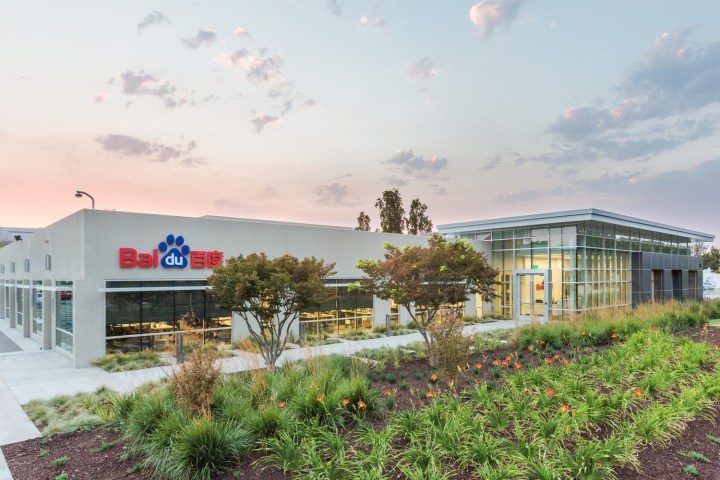
Chinese internet giant Baidu was recently granted a permit by the California DMV to test autonomous vehicles on public roads. The company announced its intention to build autonomous cars last year and debuted a prototype, and this year announced plans to expand its efforts to the U.S.
“We will start testing our autonomous driving technologies on public roads very soon in California,” Jing Wang, head of Baidu’s autonomous driving program, said in a statement. He noted that Baidu already has a “strong team in Silicon Valley” working on the technology. The company plans to recruit more engineers for its U.S. unit, and continues to research autonomous vehicles in its home country. In addition to cars, Baidu has expressed interest in developing autonomous buses as well.
Read more: China gains ground in autonomous car research
Late last year, Baidu completed a prototype autonomous car based on a BMW 3 Series. The car successfully completed a 30-kilometer (18-mile) road test, reaching a speed of 100 kph (62 mph). It was reportedly able to make left, right, and U-turns, change lanes, pass other cars, and merge into traffic.
But can Baidu’s test mule handle California’s notorious traffic? California is one of a handful of U.S. states to explicitly legalize the testing of autonomous cars on public roads. The companies building those autonomous cars view this as important because it helps clarify the legal situation if one of those cars crashes. To gain a permit, autonomous cars must meet certain basic requirements, such as having manual controls to allow a human driver to take over in an emergency.
Google has long been considered the leader when it comes to self-driving cars, but now Baidu is making a move into the tech giant’s own backyard. The race to develop autonomous cars is heating up.
Editors' Recommendations
- Waymo robotaxi attacked and set on fire in San Francisco
- Waze now warns drivers about roads prone to car accidents
- Cruise’s robotaxi service suspended by California regulator
- Waymo expands robotaxi service area in San Francisco
- Cruise autonomous vehicle drives over woman just after she was hit by another car

